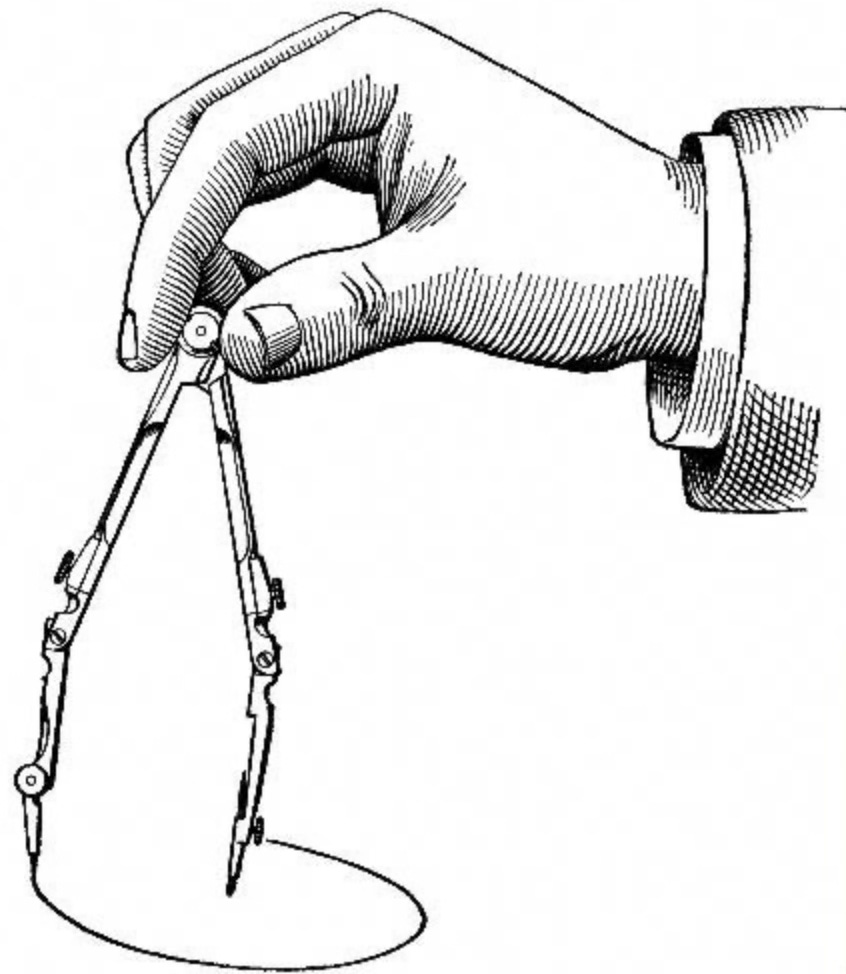On The Ten Ways Men Waste Their Lives
Why Most Men Squander Their Lives and How Great Men Endure Across Ages
“The future does not belong to the fainthearted; it belongs to the brave.” - Ronald Reagan
Modern man is weak, anxious, and scared. Augustine once observed: “Men go abroad to wonder at the heights of mountains, at the mighty waves of the sea, at the broad streams of rivers, at the vast compass of the ocean, at the circular motions of the stars; and they …



